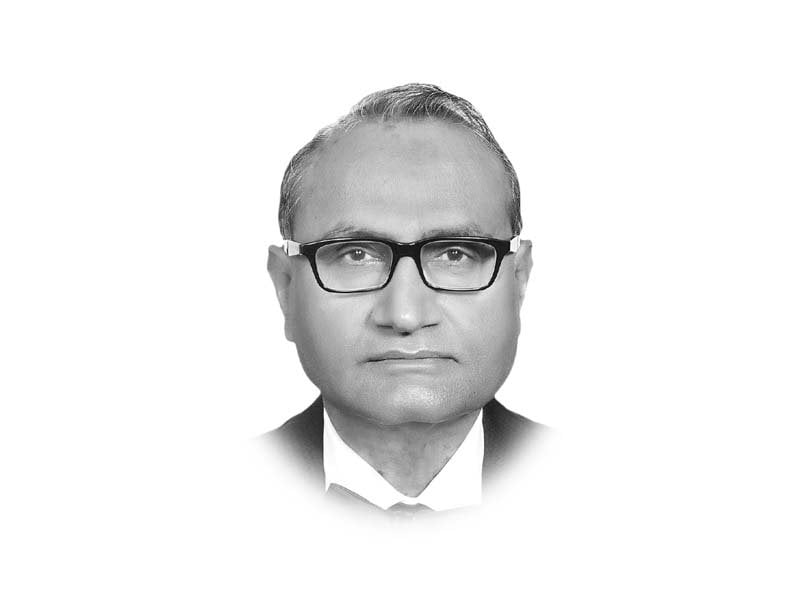
One hopes that the economists in the caretaker set up do not take it as their mission to undertake fundamental reform. Their job is to maintain stability by doing as much as their limited mandate permits and leave reform to the next government. The PML-N has not yet made its future plans public. The party that claims they are almost there has announced its plan for the first 100 days. Job creation and investment promotion are the main focus. Continued acceleration of growth is the message here. The plan talks about the worsening debt situation, but says nothing about the first decision it will have to take: whether or not it will seek an IMF bailout. By committing to reforming the FBR and public enterprises quickly, the plan makes the task of the IMF easier to make it a prior condition. When asked a direct question by anchor Muhammad Mallick whether or not a PTI government would approach the IMF, the party’s shadow finance minister was cryptic. Given the fast developing crisis, something would have to be done, he said. Whether it would involve approaching China or the IMF, he was not very clear. He did hope that sensible technocrats in the caretaker government would initiate these processes. Was he expecting the caretakers to do the politically unpalatable for him? An exact repeat of the past and the reason why caretaker set-up should be done away with. His leader, according to a Gulf Times report, showed “a reluctant acceptance” of the need for the IMF assistance. He is stated to have made the remark at a meeting with an investment company, Exotix Capital, in a recent visit to the United Kingdom.
The trouble with an IMF programme is the austerity package that goes with it. Debt servicing and national security expenditures remain unaffected. There is very little non-salary and non-pension expenditure on the recurring side. Development is the only expenditure that is slashed traditionally. Financed entirely by borrowing, cutting development also serves as the channel to reduce debt. This has obvious implications for CPEC investments. Fiscal deficit is worked out for the country as a whole. In Pakistan’s federal structure, provinces enjoy a larger share of revenues and are reluctant to cut spending. There are fears that the NFC arrangements may be at risk. Universally, the worst sufferers are the poor. Cuts in public spending and currency depreciation increase living costs. Direct assistance programmes designed to alleviate this suffering cover only a small fraction of a populous country like Pakistan. Reform without anti-poor austerity is the challenge we face.
Published in The Express Tribune, June 1st, 2018.
Like Opinion & Editorial on Facebook, follow @ETOpEd on Twitter to receive all updates on all our daily pieces.













COMMENTS (1)
Comments are moderated and generally will be posted if they are on-topic and not abusive.
For more information, please see our Comments FAQ